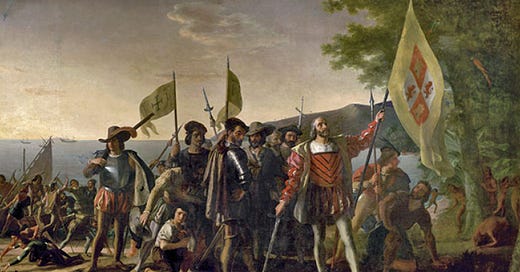Everyone today has a political opinion, but far fewer have a political theory.
In The Righteous Mind, Jonathan Haidt claims that political differences between people are a function of differing psychological tendencies, different value sets. There are blue state brains and red state brains, as it were. Conservatives care about loyalty and purity more th…
Keep reading with a 7-day free trial
Subscribe to What Is Called Thinking? to keep reading this post and get 7 days of free access to the full post archives.



